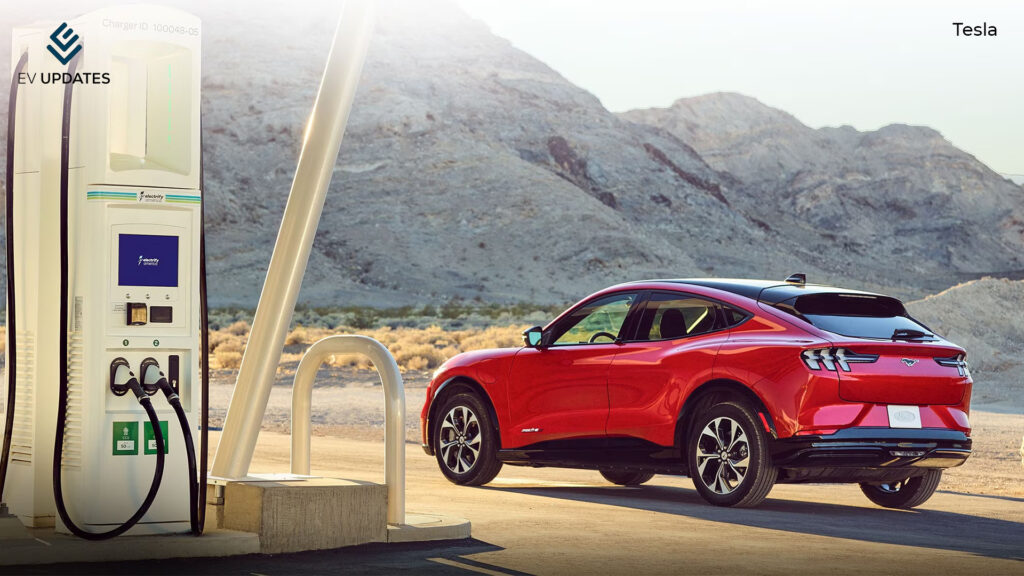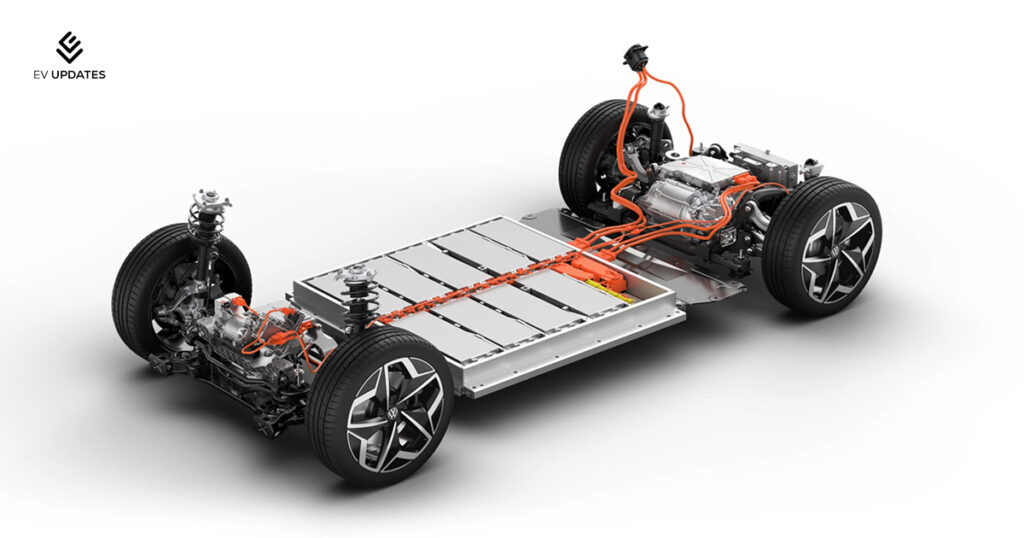With the rising popularity of electric vehicles (EVs), many people are curious about the cost associated with charging these eco-friendly automobiles. Charging an electric vehicle is considerably different from filling up a conventional gasoline-powered car, and understanding the nuances of EV charging expenses is crucial for potential buyers and current owners alike.
Electric Vehicle Charging Cost: All You Need to Know!
Charging an electric vehicle can vary significantly based on several factors. Let’s break down the costs associated with charging an electric vehicle.
In this in-depth article, we’ll explore the intricacies of charging electric vehicles and provide you with a clear understanding of the costs involved. From the various charging options available to the factors influencing charging expenses, we’ll cover it all. So, let’s get started and unravel the mysteries of how much it costs to charge an electric vehicle!

1. Electricity Rates : The most significant factor affecting the cost of charging an electric vehicle is the electricity rate charged by your utility provider. Different regions have varying electricity rates, which can influence the overall cost of charging your EV. Some areas offer time-of-use (TOU) plans, where electricity prices fluctuate throughout the day, impacting charging costs.
2. Charging Methods :
There are primarily three charging methods for electric vehicles :
A. Level 1 Charging : A 120-volt household outlet is used for Level 1 charging. While it’s the slowest charging method, it’s convenient for overnight charging at home. It may not be sufficient for those who travel long distances frequently.
B. Level 2 Charging : Level 2 charging operates at 240 volts and provides faster charging than Level 1. Many EV owners install a Level 2 home charging station to reduce charging times significantly.
C. DC Fast Charging : The quickest option typically found at public charging stations. Although it offers rapid charging, it may cost more per kilowatt-hour (kWh) compared to Level 1 and Level 2 charging.
3. Battery Capacity :
The battery capacity of your electric vehicle plays a crucial role in determining charging costs. A larger battery requires more electricity to charge fully, leading to higher expenses.
4. Charging Frequency : How often you charge your electric vehicle also affects the overall cost. Frequent charging, especially with DC fast charging, can lead to higher expenses compared to occasional charging with Level 1 or Level 2 methods.
5. Time of Charging : As mentioned earlier, some areas have TOU plans, where electricity rates vary based on the time of day. Charging during off-peak hours can be more cost-effective than charging during peak demand periods.
6. Efficiency of the Electric Vehicle : The efficiency of your EV affects how many miles you can drive per kWh of electricity. More efficient vehicles can travel longer distances on a single charge, potentially reducing charging costs in the long run.
7. Solar Power Integration : For environmentally-conscious individuals, using solar power to charge an electric vehicle is an attractive option. If you have solar panels installed at home, you can offset the cost of charging by harnessing clean, renewable energy.
8. EV Charging Membership Plans : Some public charging networks offer membership plans that provide discounted rates for their charging stations. Subscribing to such plans can be beneficial for frequent travelers or those without access to home charging.
9. Government Incentives : Many governments and local authorities offer incentives and rebates to promote electric vehicle adoption. These incentives can include tax credits, reduced registration fees, or even free access to public charging stations.

What is the cost of charging an electric vehicle at home?
Charging an electric vehicle at home is the most convenient and commonly used method. Let’s take a closer look at the expenses associated with home charging.
1. Level 1 Charging Costs at Home : To calculate the cost of Level 1 charging at home, you need to know your electricity rate per kWh. Let’s say your rate is $0.12 per kWh, and your electric vehicle’s battery capacity is 60 kWh. The cost to charge your EV from empty to full would be:
Cost = Electricity Rate ($0.12/kWh) × Battery Capacity (60 kWh)
Cost = $7.20
2. Level 2 Charging Costs at Home : For Level 2 charging at home, you may need to invest in a home charging station. The cost of these stations varies, but they typically range from $500 to $1,500. However, once installed, Level 2 charging is more cost-effective than Level 1 due to faster charging times.
Using the same example as before, let’s say your home charging station’s electricity rate is $0.12 per kWh. The cost to charge your 60 kWh battery would be:
Cost = Electricity Rate ($0.12/kWh) × Battery Capacity (60 kWh)
Cost = $7.20

How Much Does It Cost to Charge an Electric Vehicle at Public Charging Stations?
When you’re on the go and need a quick charge, public charging stations become your lifeline. However, the cost of charging at public stations can vary based on the charging method and network. Let’s explore the expenses related to charging an electric vehicle at public stations.
1. Level 2 Charging Costs at Public Stations : Public charging stations often charge a flat fee or an hourly rate for Level 2 charging. The cost per kWh may also differ from one station to another.
2. DC Fast Charging Costs at Public Stations : DC fast charging is the most expensive option at public stations, as it provides rapid charging. The cost per kWh for DC fast charging is typically higher compared to Level 1 and Level 2 charging.
FAQs (Frequently Asked Questions)
How much does it cost to charge an electric vehicle using solar power?
The cost of charging an electric vehicle using solar power depends on the size and efficiency of your solar panel system. With sufficient solar capacity, you may even charge your EV for free during sunny days.
Can I use a regular power extension cord for Level 1 charging?
It’s not recommended to use a regular extension cord for Level 1 charging, as it may not handle the power load effectively. Invest in a heavy-duty extension cord designed for EV charging.
Are there any incentives for installing a home charging station?
Yes, some regions offer incentives or tax credits for installing a home charging station, encouraging EV adoption and supporting eco-friendly transportation.
How can I find public charging stations near me?
Many electric vehicle charging apps and websites can help you locate public charging stations in your area. Some popular options include PlugShare, ChargePoint, and Tesla’s Supercharger network.
Can I overcharge my electric vehicle battery?
No, modern EVs are designed with safeguards to prevent overcharging. Once your battery reaches full capacity, the charging process
















